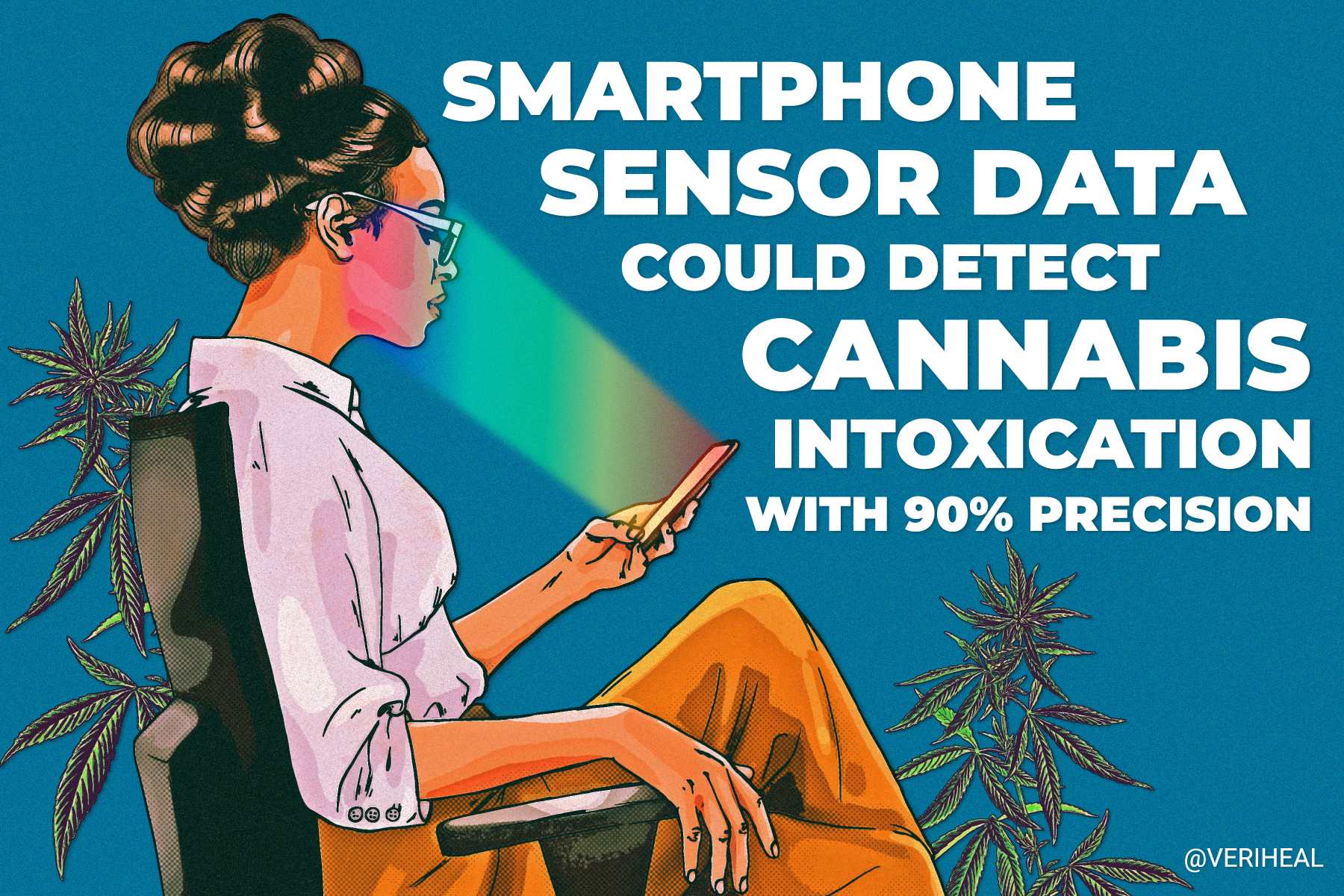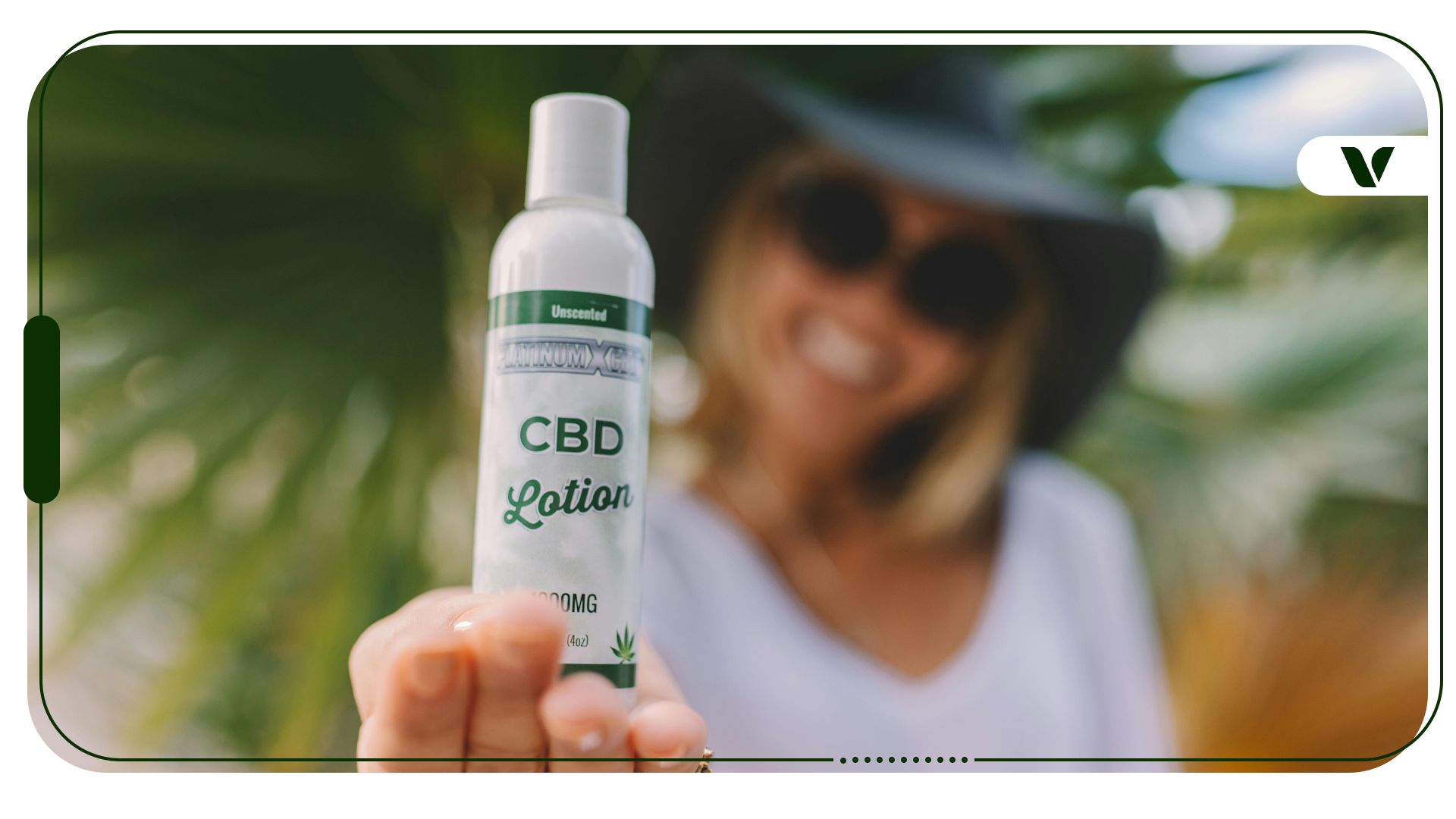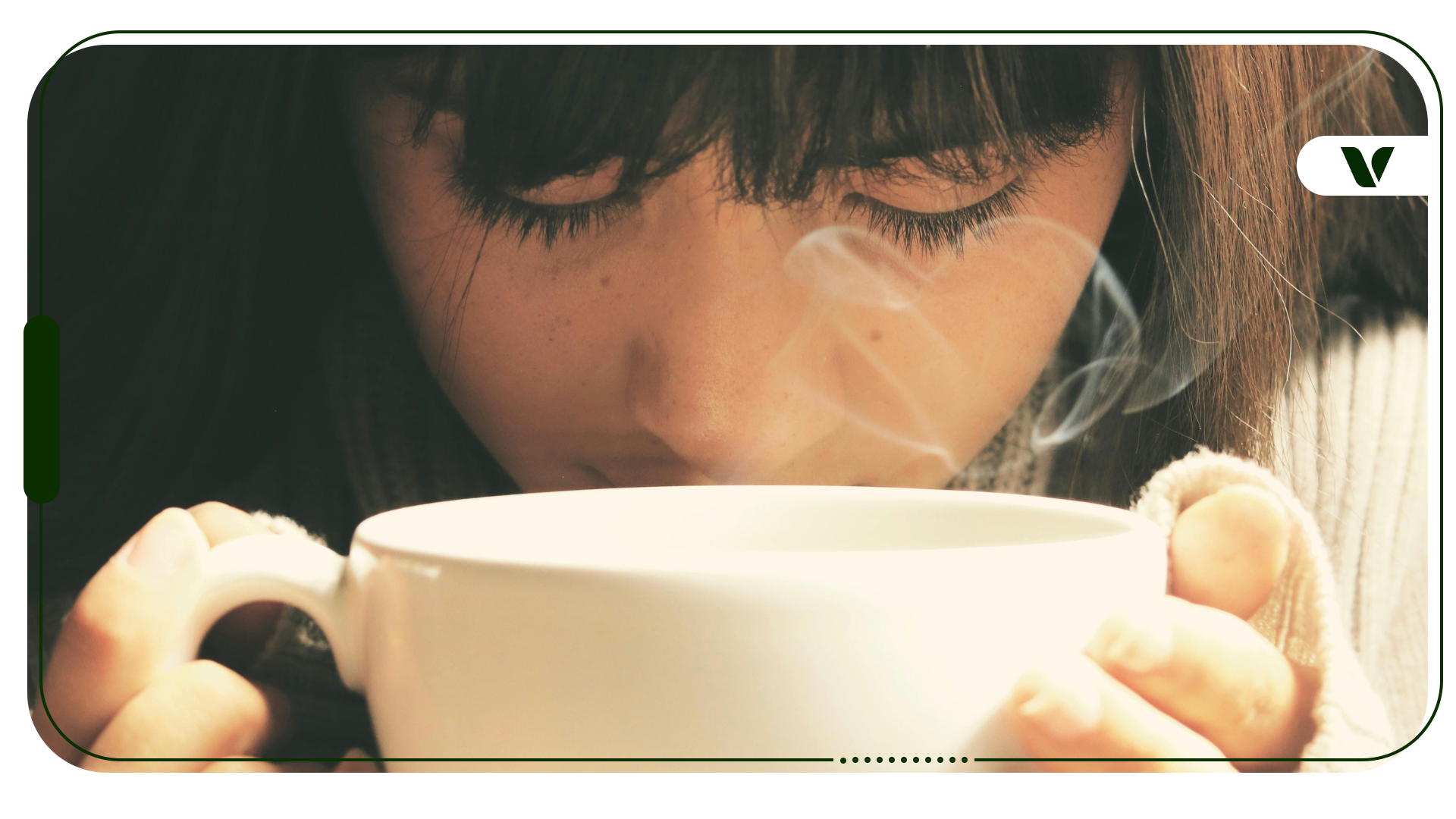A brand new study featured in the journal Drug and Alcohol Dependence delivered exciting news to psychiatrists, health professionals, and law enforcement officials across the United States and beyond. The investigation assessed the suitability of using smartphone sensor data to detect cannabis intoxication, and it had promising results.
The study, which was conducted by the Rutgers Institute for Health, Health Care Policy, and Aging Research, used technology that was able to successfully determine with 90% accuracy whether or not an individual was intoxicated by the cannabis plant. According to the results, a smartphone sensor—which functions in a similar fashion to a GPS system—may be an effective tool for confirming cannabis intoxication.
“Using the sensors in a person’s phone, we might be able to detect when a person might be experiencing cannabis intoxication and deliver a brief intervention when and where it might have the most impact to reduce cannabis-related harm,” said one of the study’s authors, Tammy Chung. Chung serves as director of the Rutgers Institute’s Center for Population Behavioral Health, which specializes in the use of real-time data collection to “advance theory-driven, interdisciplinary and translational research.”
Repurposing Smartphone Sensor Data
As more states embrace marijuana legalization, there is a pressing need for accurate intoxication testing. Currently, 37 U.S. states have enacted medical cannabis laws, while 19 U.S. states and the District of Columbia have enacted adult-use cannabis laws. Numerous factors are at play in determining a person’s level of cannabis intoxication, such as their biochemistry, gender, age, weight, and tolerance to the plant.
Nonetheless, since intoxication can potentially endanger drivers and affect productivity/safety for employees in various roles, identifying cannabis intoxication with a small margin of error is essential. In order to accomplish their mission of faultlessly ascertaining a person’s level of cannabis intoxication, the research team merged smartphone sensor data with an amalgamation of features designed to monitor the day of the week and the time of day.
Adults who partook in the study reported using cannabis in some form twice weekly at the very minimum. To detect the incidents of use among study subjects, information was gleaned from telephone surveys, phone sensor data, and self-reported cases. Once the information was collected, the researchers analyzed each tool to figure out which was the most useful.
As per the study’s results, the mix of smartphone sensor data and time features was 90% accurate in establishing cannabis intoxication. Meanwhile, time of day and day of week analysis was 60% accurate in understanding self-reports of cannabis intoxication. The most vital phone sensor features for detecting self-reported cannabis intoxication, according to the research team, were motion-detecting accelerometer movement data and travel patterns from GPS data.
Is It Dangerous To Drive High?
Cannabis intoxication does not present any kind of danger to users on its own, but the effects of being high on cannabis can pose problems when operating a vehicle. Primarily, THC-heavy cannabis has been found to slow reaction times and affect coordination, which could cause drivers to struggle with stressors that pop up on the roads. According to the National Institute on Drug Abuse (NIDA), “…studies have found a direct relationship between blood THC concentration and impaired driving ability.”
Of course, the dangers of driving under the influence of cannabis do not even come close to those associated with drunk driving. The Guardian reports that the U.S. National Highway Traffic Safety Administration (NHTSA) conducted a 2015 study that found the odds of being involved in a crash to be significantly lower after consuming cannabis versus drinking alcohol. This is likely because alcohol makes consumers aggressive, while cannabis tends to cause less hazardous effects like paranoia and slow driving.
While drunk driving poses more risk to society, it can be identified and detected much easier than cannabis. Alcohol leaves the system quickly, so checking blood alcohol content with a breathalyzer is a guaranteed way to determine a person’s impairment from alcohol. THC from cannabis, on the other hand, stays in the blood for weeks, so finding it in a person’s system is not necessarily an indication of current impairment. Authorities have also not yet determined what level of blood THC content leads to impairment, as cannabis products are far from uniform and users have varying tolerances.
To make matters even more confusing, some studies have found THC to not cause significant driving impairment. In a 2015 controlled study, the NHTSA found no significant risk to driving associated with cannabis consumption. The findings raised the possibility that participants in previous studies had also been influenced by alcohol and just happened to have cannabis in their systems as well.
The jury’s still out on the issue of cannabis’ impact on driving ability, but cannabis users should still refrain from driving after consumption until more is known. After all, sober, clear-headed driving is always safer than driving with a psychoactive substance in one’s system. As we navigate cannabis as an increasingly common part of society, innovations like Rutgers’ smartphone detection technology will be crucial in fostering safe and just spaces for cannabis consumption.
Author, Share & Comments








